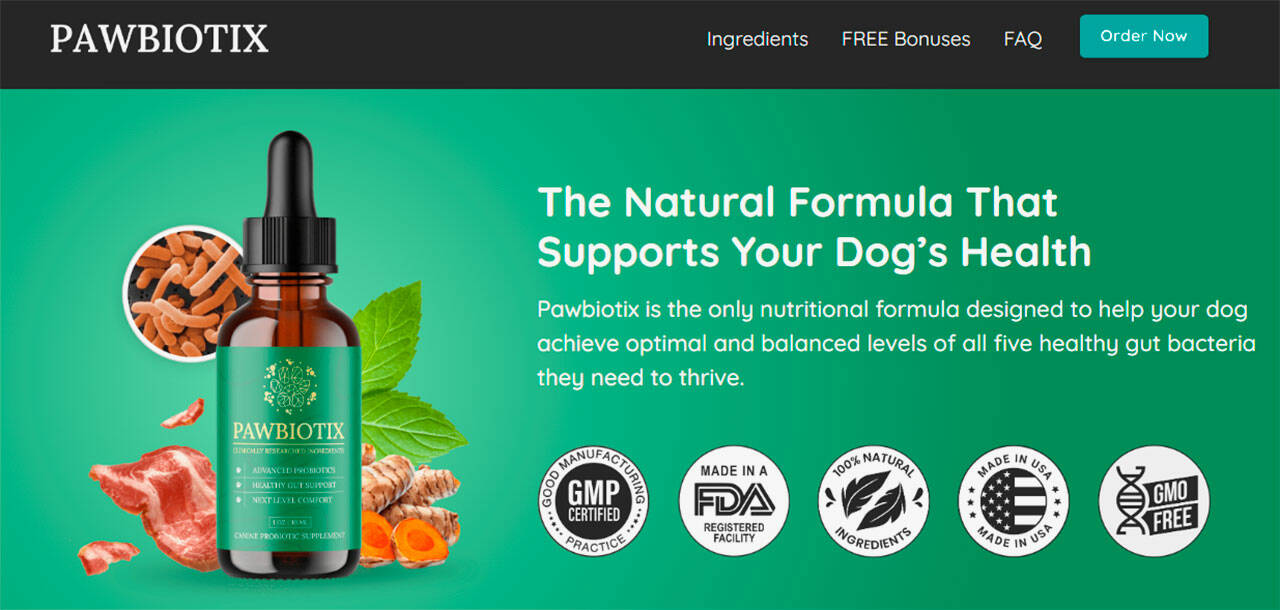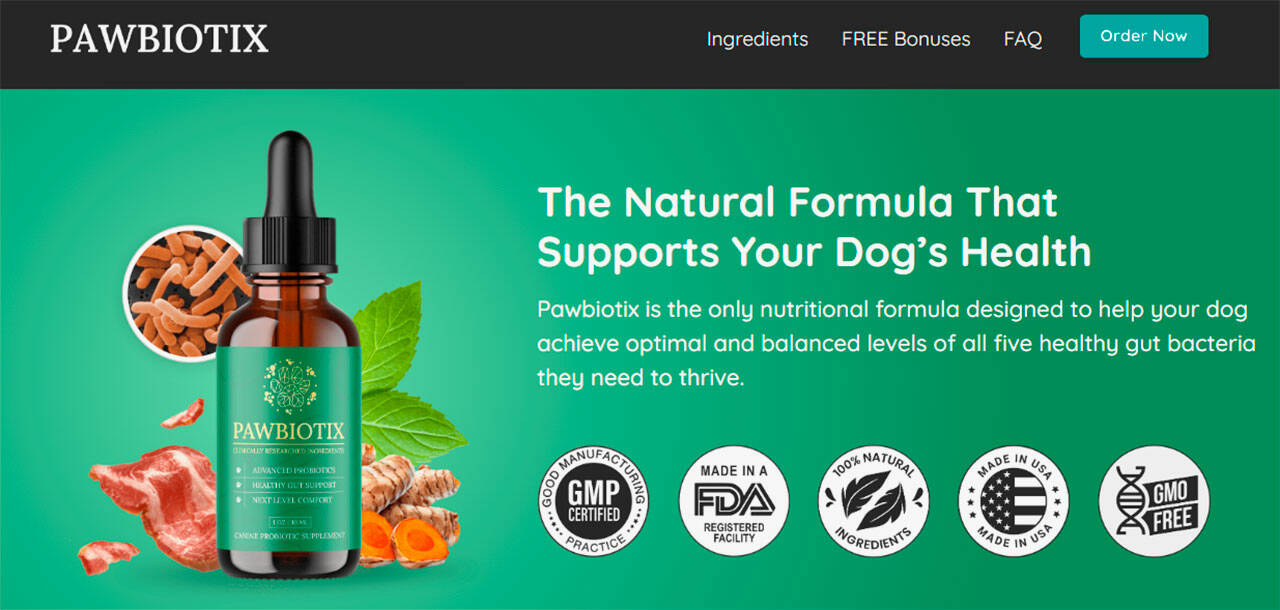The Ultimate Guide to Anti-Inflammatory Foods for Dogs: Soothe and Nourish Your Canine Companion
$59.00
Discover the best anti-inflammatory foods for your canine companion! Reduce pain, improve mobility, and boost overall well-being with our expert guide to canine nutrition. From omega-3 rich fish to antioxidant-packed berries, learn how to create a diet that supports your dog’s health and happiness.
Description
Best Anti-Inflammatory Foods for Dogs: Combatting Inflammation Naturally
Inflammation is a common issue in dogs, affecting their overall health and well-being. Chronic inflammation can lead to various health problems, including arthritis, allergies, digestive issues, and more. Implementing an anti-inflammatory diet can significantly reduce inflammation and improve your dog’s quality of life. Here are the best anti-inflammatory foods for dogs:
Fatty Fish
Fatty fish, such as salmon, herring, and mackerel, are rich in omega-3 fatty acids, which have powerful anti-inflammatory properties. Omega-3s help regulate the body’s inflammatory response and can reduce joint pain, skin irritation, and other inflammatory conditions.
Cooked Meats
Lean meats, such as chicken, turkey, and beef, are high in protein and low in fat. They provide essential amino acids for tissue repair and cell growth, while reducing inflammation. Cooking the meat removes harmful bacteria and makes it easier for your dog to digest.
Fruits and Vegetables
Fruits and vegetables are loaded with antioxidants, which combat free radicals that damage cells and contribute to inflammation. Berries, apples, carrots, and leafy greens are excellent sources of antioxidants. Avoid grapes and raisins, as they can be toxic to dogs.
Bone Broth
Bone broth is made by simmering animal bones and connective tissues for several hours. It contains glucosamine and chondroitin, which are known to support joint health and reduce inflammation. Bone broth is also a good source of protein and electrolytes, making it an excellent choice for recovering dogs.
Ginger
Ginger has potent anti-inflammatory properties. It can help soothe digestive upset, reduce pain, and improve circulation. Ginger can be added to your dog’s food or given as a supplement in small amounts.
Turmeric
Turmeric is a spice that contains curcumin, a powerful anti-inflammatory compound. Curcumin has been shown to reduce pain and stiffness in dogs with arthritis. It can be given as a supplement or added to your dog’s food.
Coconut Oil
Coconut oil is high in lauric acid, which has anti-inflammatory and antibacterial properties. It can help soothe skin irritation, improve digestion, and boost the immune system. Coconut oil can be added to your dog’s food or applied topically to the skin.
Green Tea
Green tea contains antioxidants called polyphenols, which have anti-inflammatory effects. It can help reduce inflammation throughout the body and improve overall health. Green tea should be given as a supplement in small amounts, as it can interfere with certain medications.
Whole Grains
Whole grains, such as brown rice and oatmeal, are rich in fiber and other nutrients. Fiber helps maintain a healthy digestive system, reducing inflammation in the intestines. Whole grains also provide energy and help control blood sugar levels.
Conclusion
Inflammation is a common problem in dogs, but it can be effectively managed with an anti-inflammatory diet. By incorporating these foods into your dog’s meals, you can help reduce inflammation, improve their health, and enhance their overall well-being. Remember to consult with your veterinarian before making any significant changes to your dog’s diet to ensure it is appropriate for their individual needs.





